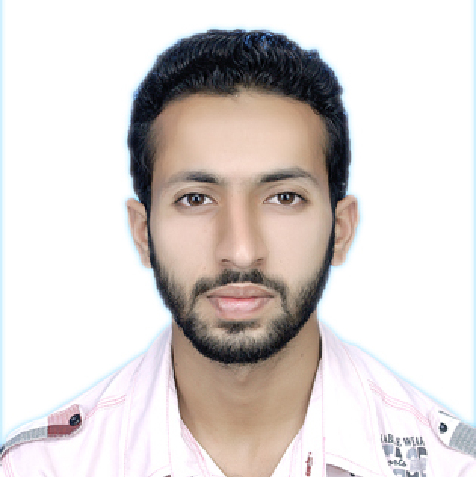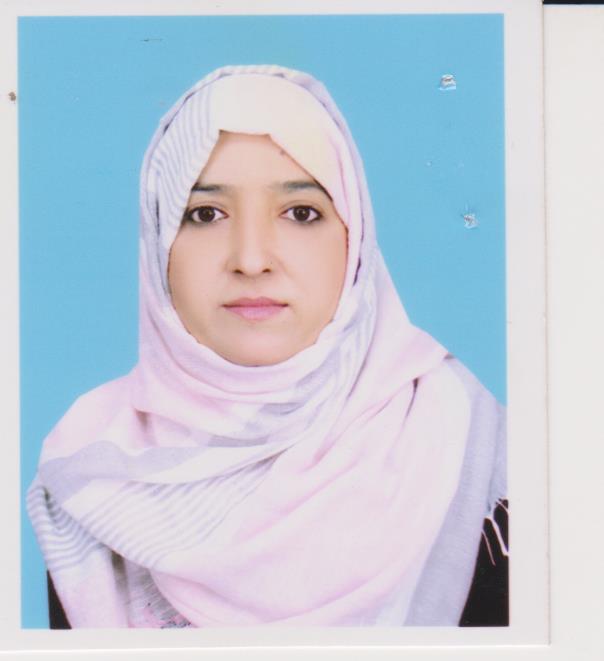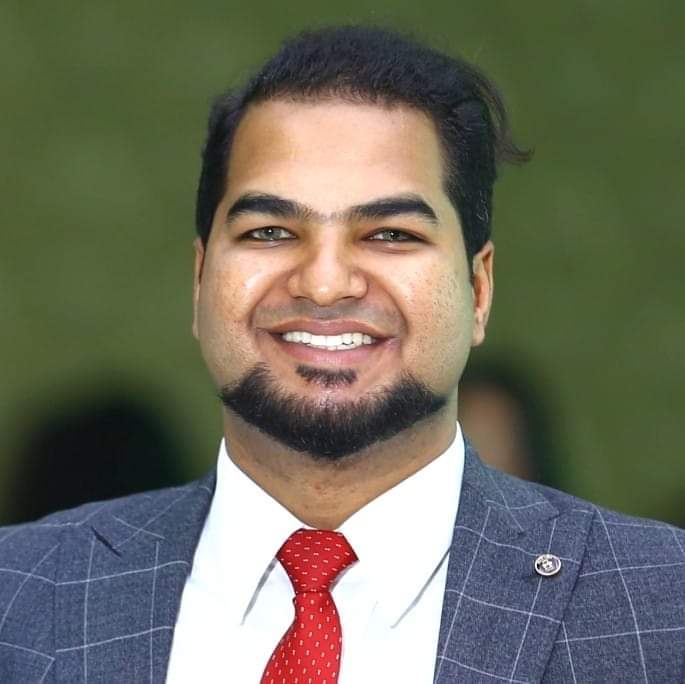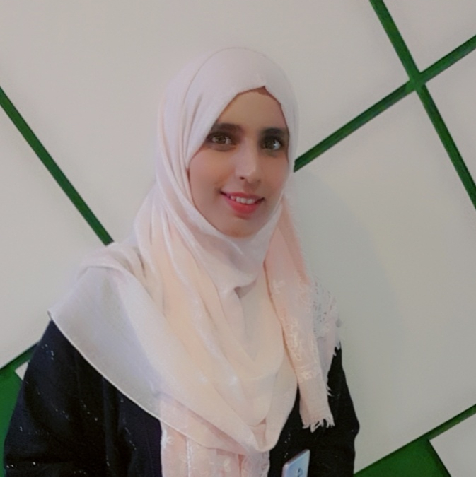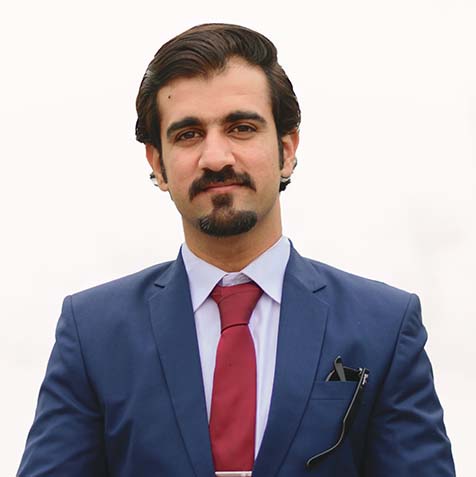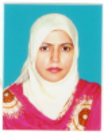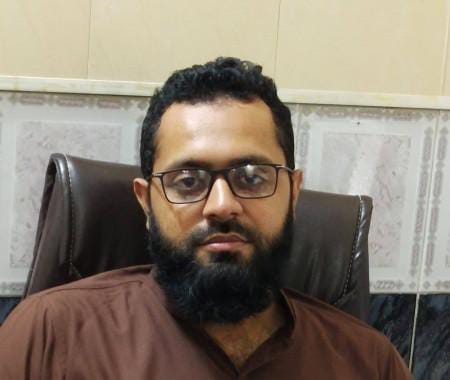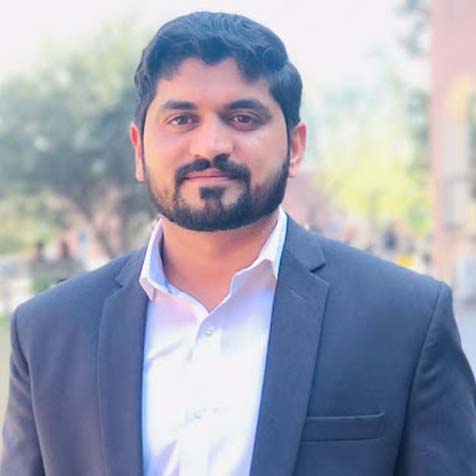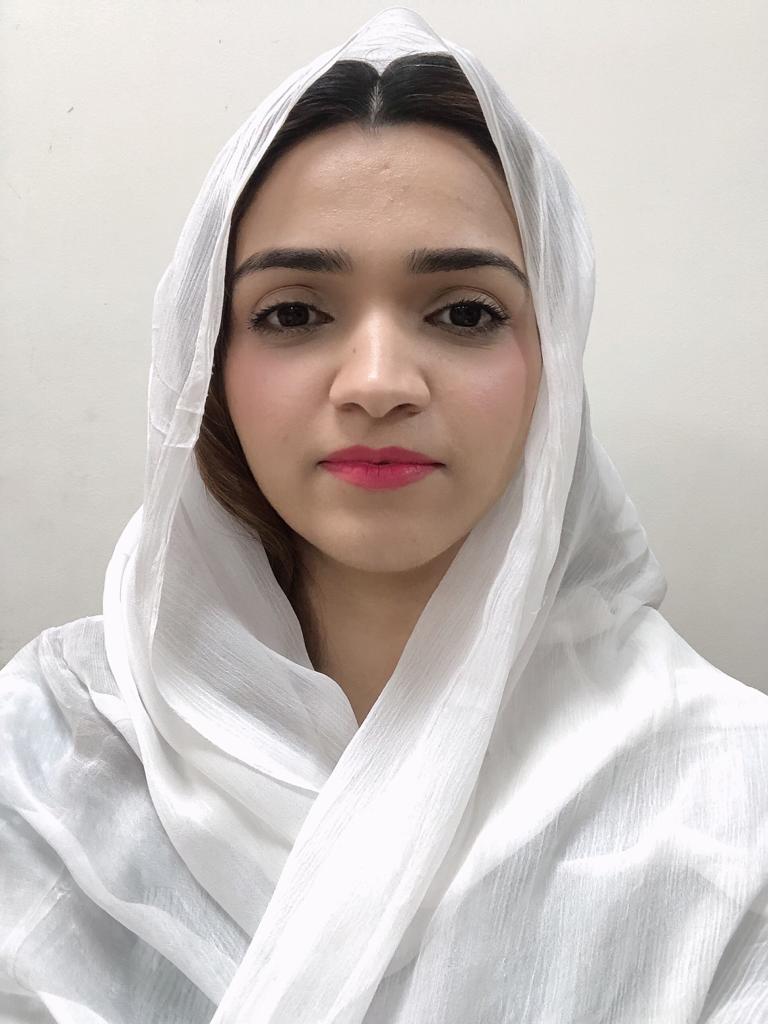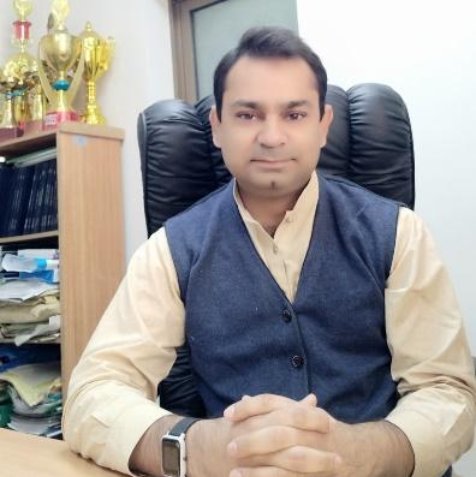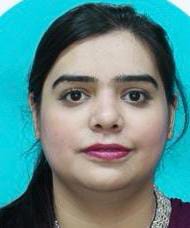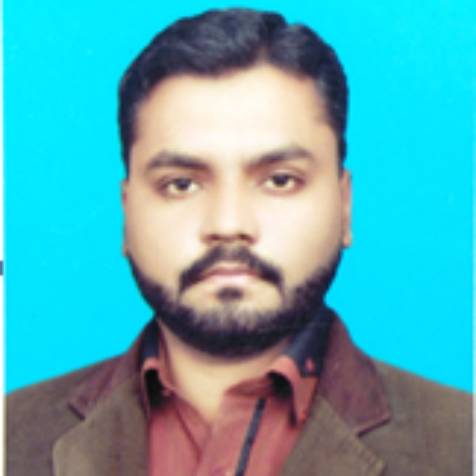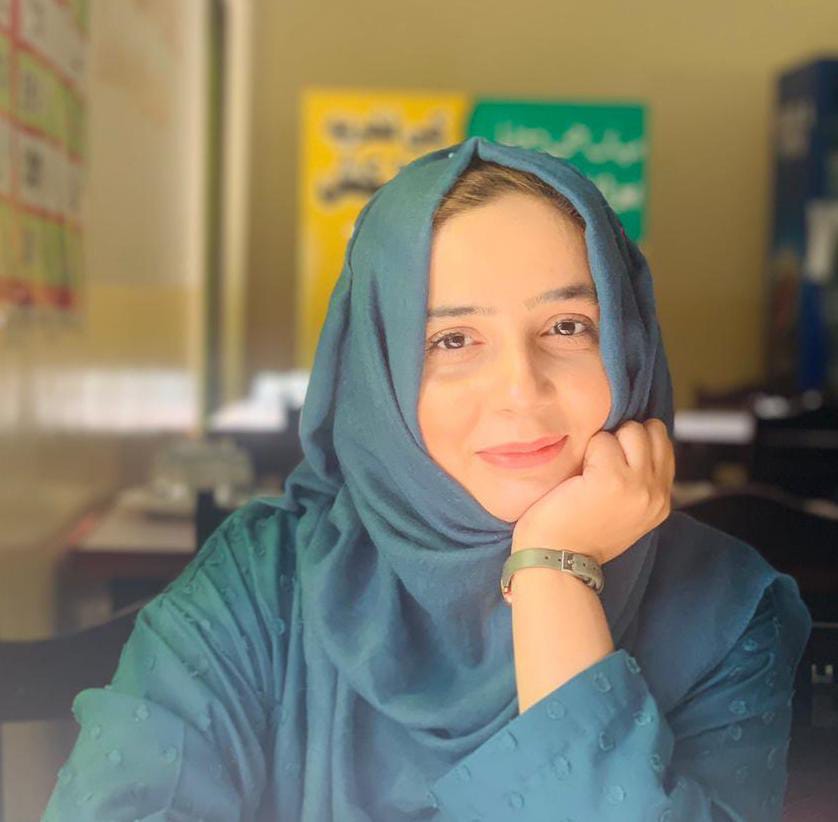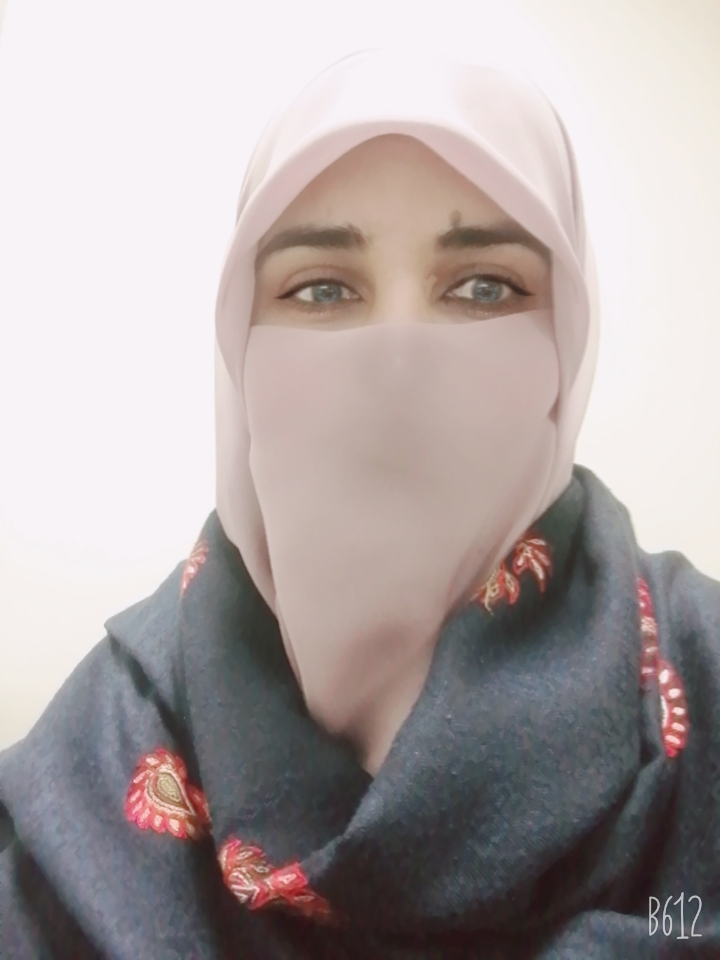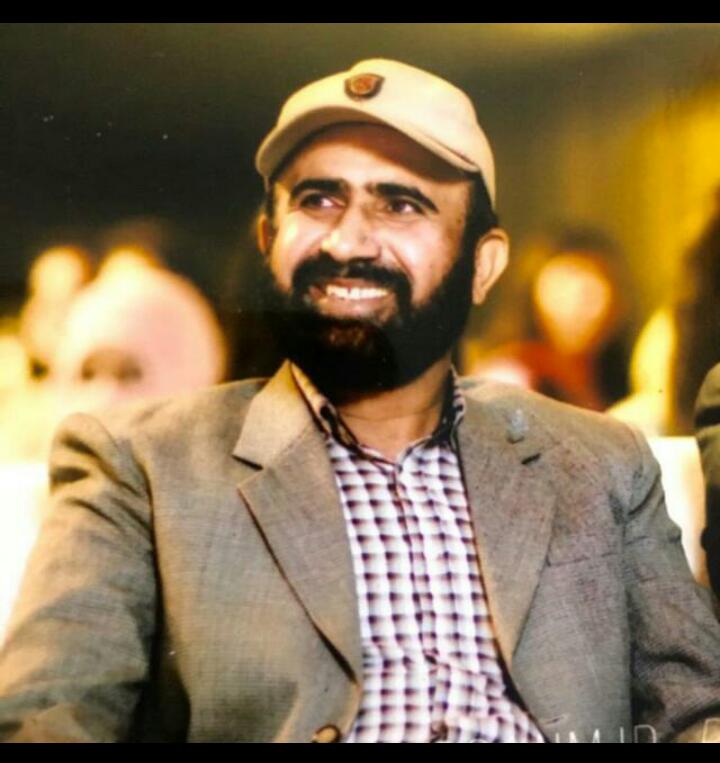- Medical Imaging Technology(BS)
Duration
4 Years full-time
Qualification
Medical Imaging Technology (BS)
Course Code
N1234
Start Date
October, 2024
The Bachelor of Science in Medical Imaging Technology (BMIT) is a four-year undergraduate programme that is designed to provide in-depth knowledge of imaging modalities and principles. The curriculum has been designed to meet the growing needs of professionals in the fields of clinical radiography, radiation safety, image processing technology, imaging modalities, etc. The programme prepares students to work collaboratively, think vitally, draw logical conclusions, evaluate data, interpret results, and make composite decisions. The programme broadly emphasizes the following key areas Human Anatomy, Human Physiology, Radiation Physics, Pathology, Radiology Diagnosis, Medical Microbiology, Medical Biochemistry, Specialized Diagnostic Techniques, Radiological Technology, and Radiotherapy.This degree program provides the technological, biological and social knowledge required to practise as a diagnostic radiographer within a healthcare team. The University of Chenab has one of the best-equipped radiography teaching and training facilities and offers students a unique learning environment, mirroring many of the facilities you will encounter in professional practice.
Medical Imaging Technology plays a vital role in healthcare by producing patient-centered imaging services for the diagnosis and treatment of injuries and disease. The honors degree in Medical Imaging Sciences delivers the knowledge and clinical experience required to become a skilled and competent professional. The students will learn a wide range of subjects to enable our graduates to be safe and confident practitioners, able to deliver high quality care to patients. The graduate will learn anatomic organization, physiological mechanism and understanding of pathological changes in human body using radiographic images. During training, graduate will develop excellent communication skills and learn to work in a team environment, putting the needs of the patient at the center of everything. In addition, the students will acquire an appreciation of research methods with respect to diagnostic radiography and the importance of evidence-based practice in relation to the profession.
The students will gain core knowledge and competencies in assessing and managing patient, general radiography, fluoroscopy, angiography, mammography, computed tomography, ultrasonography, magnetic resonance imaging (MRI) and including all the other special radiological techniques.It is characterized by innovative teaching approaches, including a computer-mediated case-based learning programme to assist in clinical decision making; a personal learning and assessment system that includes a clinical e-portfolio; a clinical-relevant scenario-based programme focusing on cultural, ethical, and moral issues; and a simulated learning environment, where students engage with “avatars” to support clinical training. This degree programme incorporates students in clinical placements at well reputed clinical set ups to equip and develop clinical and professional skills in the final year after the four years of course work.
1. General Principles
Acquirement of practical and theoretical competencies is the keystone of the graduate medical imaging sciences program.
Learning in graduate programs is essentially self-directed and primarily radiates from practical and research-based knowledge and academic work. The formal sessions of teaching are merely meant to complement this core effort.
2. Teaching Sessions
In addition to conducting and reporting routine and special investigation in the area of posting under direct supervision, formal teaching sessions are held on working days. These include seminars, presentations, group discussions, quiz-based activities, practical, research work, lab-based work, visits of hospitals, interdepartmental meetings.
3. Teaching Schedule
The suggested departmental teaching schedule is as follows:
Delivering lectures. Daily
Presentation. Twice a month
Quiz based activities Twice a month
Research work/ Practical’s Once a week
interdepartmental meeting: Once in a month
Guest lectures: From time to time
Library based assignments from time to time
Note:
All sessions will be coordinated by the faculty members.
All the teaching sessions are to be assessed by the consultants at the end of the session and graded.
Attendance of the students should be at least 75% in the semesters.
The quality assurance department will monitor the program components as per the scheme of the study.
Evaluation tools will be developed, and data-driven instructional decisions will be made
The division of the marks will be according to the subject and include theory and practical performance. The pass percentage will be 50%. The students will have to pass the theory and practical examinations separately
The minimum duration for completion of a degree is five years. HEC allows a maximum period of seven years to complete degree requirements.
Before applying for a degree, you should first check that we recognize your higher secondary/tertiary education qualification. This can include:
- Pakistani Based Examinations: Higher Secondary School Certificate (HSSC) or equivalent with Physics, Chemistry and Biology.
- British System: GCE A Level with Physics, Chemistry and Biology.
- International Baccalaureate (IB): The International Baccalaureate Diploma Program (DP) from external Examining body Geneva, Switzerland with five subjects (including English, Physics, Chemistry, Biology)
- You still can be admitted if you have passed additional deficiency courses prescribed by the relevant faculty.
- 50% marks are required in all cases described above.
- Equivalence Certificate for A-Level/IB and other qualification holders from Inter Board Committee of Chairman (IBCC) Islamabad, Pakistan.
- Admission test administered by the university.
MIT Jobs, Career scope in public and private sectors:
Public health centers
Public sector hospitals
Private sector hospital
Diagnostic radiology labs
Cancer hospitals
Medical equipment making and service industry
Biomedical engineering firms
Nuclear research laboratories
Medical research labs and journals
Nursing homes
Teaching in medical colleges and universities
Foreign Countries
Public health departments and health care facilities in the Middle East, Europe, USA, Canada, etc.
The outcomes of the proposed program are measurable and observable. The development of skilled and trained manpower is the foundation of academic programs.
Helping you find the right career
We have a dedicated careers counselor who can support you with your career choices and skills to prepare you for recruitment processes. You can also attend tailored careers and networking events to connect with recruiters in your field.
Find out more about careers support at Office of Student Affairs, the University of Chenab, Gujrat
Tuition fees cover the majority of the costs of your study, including teaching and assessment. Fees are charged at the start of each academic semester. If you pay your fees directly to the University, you can also choose to pay in instalments.
Additional Course Cost
There may be extra costs related to your course for things such as stationery, books, materials, and field trips.
Fee Structure Fall 2024
Semester
Courses
CrdHrs
Tuition Fee/CrdHr
Tuition Fee/Semester
Enrollment Fee (500 per Course)
Examination Fee (500 per Course)
Medical Diagnostic Charges (500 per Semester)
Societies & Club Fee (2500 per Semester)
Total Fee For Semester
1
7
18
6,200
111,600
3,500
3,500
500
2,500
121,600
2
6
16
6,200
99,200
3,000
3,000
500
2,500
108,200
3
6
18
6,400
115,200
3,000
3,000
500
2,500
124,200
4
6
17
6,400
108,800
3,000
3,000
500
2,500
117,800
5
6
17
6,600
112,200
3,000
3,000
500
2,500
121,200
6
7
18
6,600
118,800
3,500
3,500
500
2,500
128,800
7
6
17
6,800
115,600
3,000
3,000
500
2,500
124,600
8
6
18
6,800
122,400
3,000
3,000
500
2,500
131,400
Total
50
139
977,800
Registration Fee (payable once – Non Refundable)
20,000
Total Fee
997,800
Funding
We offer several fully and partially funded undergraduate scholarships to full-time undergraduate students. Visit Funding Policy.
- Medical Laboratory Sciences (BS)
- BS in Radiography and Imaging Technology
- BSc in Human Nutrition and Dietetics Sciences
- Food Science and Technology (MPhil)
- Doctor of Physical Therapy (DPT) (BS)
Led By
Peaceful ambience, agile teaching as well as non-teaching staff, and a disciplined yet enjoyable and motivating atmosphere. Welcome to the University of Chenab. We produce professionals who are adept in their disciplines. Our institution is not only concerned with grades and education, but also take care of mental well-being of our students.
The University of Chenab
Our Mission
The University of Chenab represents excellence in teaching, research, scholarship, creativity and engagement. Its mission is to produce professionals outfitted with the highest standards in creativity, transfer and application of knowledge dissemination to address issues of our time.
The UChenab sculpts its graduates to become future leaders in their fields to inspire the next generation and to advance ideas that benefit the world.
The University of Chenab
Our Vision
The University of Chenab, Gujrat aspires to become a nationally and internationally recognized university that distinguishes itself as an embedding center for outstanding ethical and moral values, teaching quality, learning outcomes, and richness of the student experience.
The University of Chenab, Gujrat envisions a transformative impact on society through its continual innovation in education, creativity, research, and entrepreneurship.
Finding Your
Course
- Visit (Website link admission tab) and search your respective course and department on this website.
- Check the admission criteria and learn about the eligibility criteria of your selected course.
- If you are confused about the fee structure visit our fee guide at (link)
- To search more about the campus and studies visit other events and tabs to learn about the latest news and events.
- Still if there are any ambiguities then contact our admission office.
Apply Online
- Search the page and select your course scroll to the menu and click on and option ‘Apply.’
- Fill the online application form with the required attachments.
- After the form is submitted then you’ll receive a confirmation email. Confirm your application which is then processed forward.
In-Campus Test
- After the acceptance of the online registration a date and time is allocated for an in-campus test.
- You must bring your original attested documents on your test day.
Results And Enrolment
- After sometimes the results are out so constantly check your email for the notification.
- Visit the campus for enrolment.
Final Steps
- After the enrolment attend your orientation day as it is an interactive session among students and the faculty.
- Then, receive your timetable.
- Finally, start a new step of your carrier.






